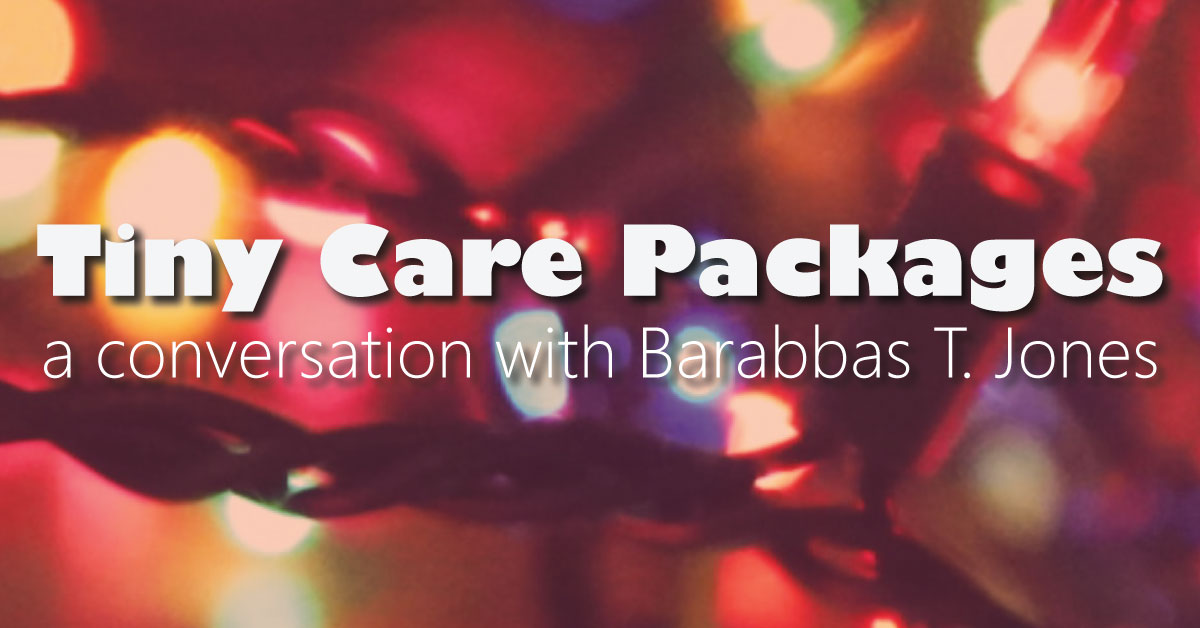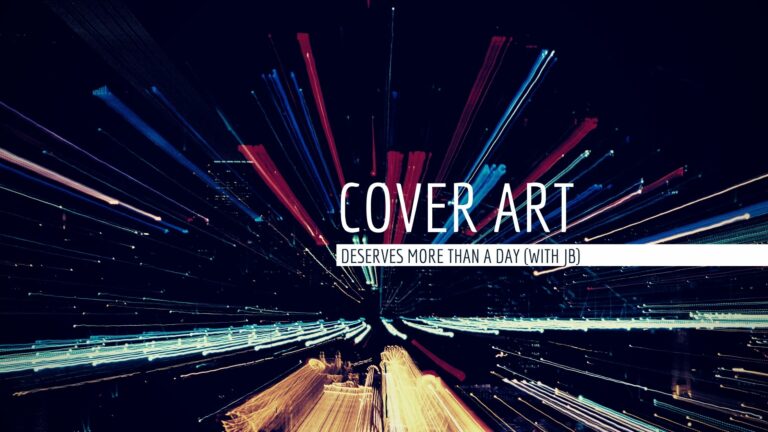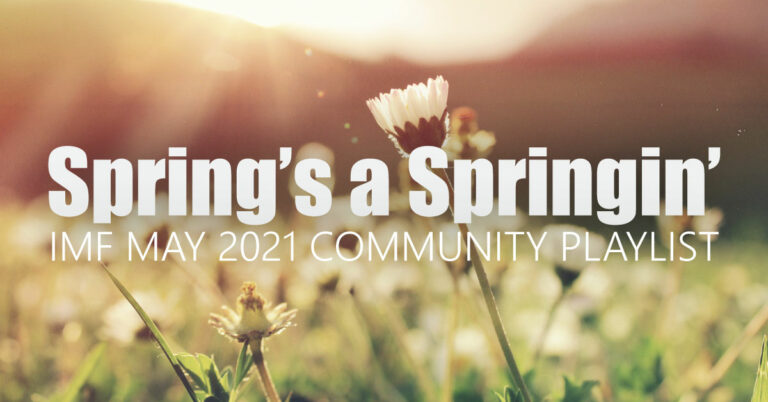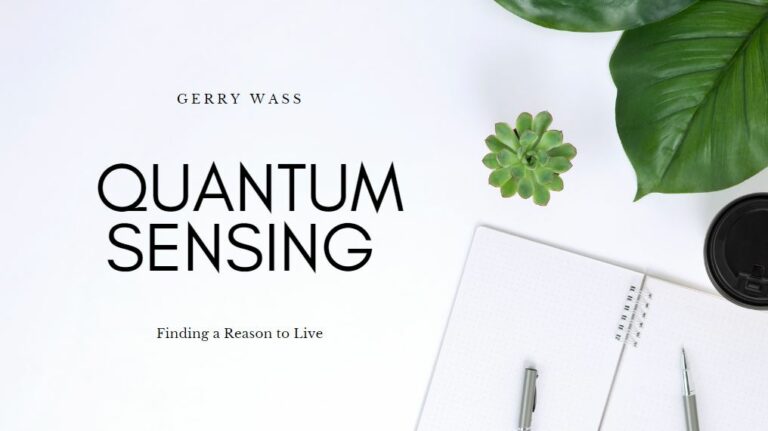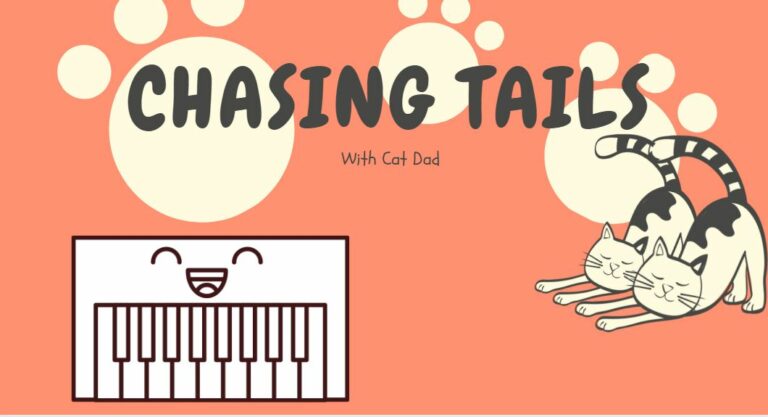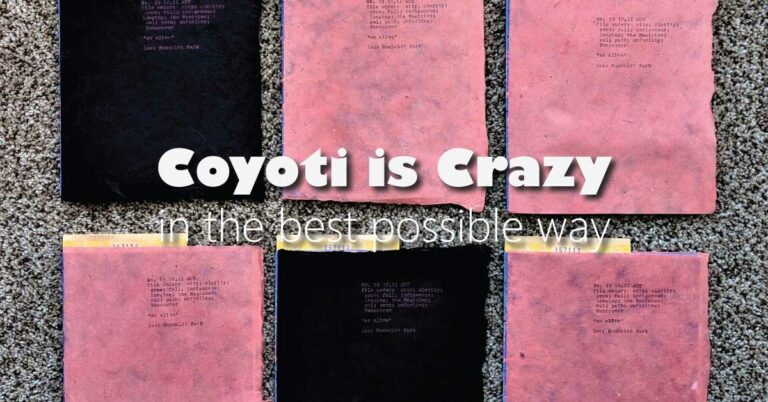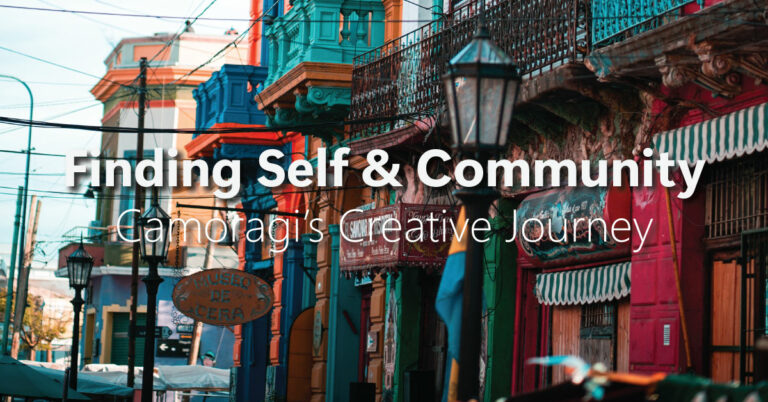This post is part of a series called Why We Create, in which I talk with producers in the IMF extended community about their creative process.
I had a chance to sit down with longtime IMF member Barrabas ‘Trex’ Jones—drummer, songwriter, and producer. His music is a unique mix of country, punk, and folk, with raw emotional lyrics drawn from his personal experience. It’s really it’s own thing. Trex is also the host of the renowned Stay Creative podcast, which he created as a platform to showcase the music of others that inspired him.
Trex and I had a chance to have a long conversation on a cold Nashville night a few weeks ago. We spoke about his musical roots, his songwriting craft, and all sorts of weighty things.
Trex and I made a spoken word piece for Indie for a Cause Volume 3, which is a great accompanying soundtrack for reading this article. You can check it out on Soundcloud.
Our conversation is below, edited for clarity and brevity. Please enjoy.
-popijininsky
How did you get into music?
In high school, when I started to actually figure out what kind of music I liked, one of my friends bought a bass guitar, and asked me if I wanted to start a band with him. I decided I could play drums, because I remembered playing on a drumkit that my dad bought me when I was in kindergarten, and how much I loved drumming.
Back then, I was just a redneck kid in a small community where there didn’t seem to be many options. Music really expanded my horizons, and helped me think about the bigger world, and how I relate to it. I’m guessing every teenage musician has dreams of getting famous when they start out. It’s never a question of “if,” it’s a question of “when.” I probably could have gone to college and got a job somewhere outside this town, but music was the thing that I gravitated to and felt like possibility.
Over time, music has become a spiritual practice for me. I don’t think I could really be fulfilled and happy without it in my life. The qualities that make me an artist are the things that make me feel like I can be happy and really appreciate the world…even the ‘bad’ things I experience.
What kind of music were you into then?
When I first started playing, I was really into post-hardcore. The song that made me really dedicate myself to really learning to play drums was The After Dinner Payback – by From Autumn to Ashes. It has this epic two-measure drum fill in the middle of the song, and I put that fill on repeat and imagined myself playing it on a big stage. I wasn’t all that big on subtlety back then—songs like this I could relate to.
Later, I discovered newgrass and folk. I started to glamorize the lives of songwriters who were singing about their lives of debauchery and heartbreak and hope. I taught myself to play acoustic guitar, and I started to appreciate less-literal lyrics. I started to understand how stories and metaphors could evoke certain feelings, and to learn how that worked.
How did you make the transition from musician to songwriter?
As a kid, I would watch action hero movies and say, “that’s what I’m going to be when I grow up.” I realized later that it wasn’t about the kung fu and the guns, it was about the fact that the story of those movies was constructed to draw me in, and it was effective at doing that. The stories made me feel things.
As a drummer in my first band, which was a christian rock-type thing, I would bring in lyrics I wrote, and the band would write instrumental parts around them. I was trying to write songs about God that weren’t church songs.
In my early 20s, I found a blank CD in a ditch on the side of the road. It didn’t have a label on it, so I had no idea what was on it. I took it home and put it in my CD player, and it turned out to be Wide Awake, It’s Morning by Bright Eyes.
I fell in love with that album. It’s mostly acoustic guitar with Conor Oberst’s vocals. I heard Conor’s singing and it seemed accessible to me – he’s a talented vocalist, but it wasn’t technique and virtuosity that made his vocals work, it was the emotion in his performance. When I heard his singing I realized, “I can sing like that.”
I started learning a few songs off that record – I found tabs for the songs on the internet, and taught myself a handful of chords. This was enough to write simple songs. I wrote a song for a girl I was in love with, and who I wanted to impress. I wanted to convey a particular idea – that I would run away with her, that I would do whatever it took to be with her. She ended up marrying me, so I guess that worked out pretty well.
At first, I made songs and didn’t care if they were palatable for other people. But I realized recently that in order to really create the emotional experience I want for the listener, I need to make music that is accessible. I recently read a book called Song Maps, which helped me understand how song structure works, and made me feel more comfortable with taking ideas from songs I like and using them to guide my composition.
Maybe the last 20 songs I wrote have been more like that, and it’s definitely the direction I’m moving. I know that I can never feel someone else’s feelings, but if that person takes the time to incorporate those feelings into poetry and music, I can feel them, even though their experience is very different from mine. There’s a song I really love by Jason Isbell called Dress Blues. It’s about going to the funeral of a friend of his who was killed by an IED. That’s not an experience I’ve ever had, but when I listen to that song, I feel like I have. That’s amazing to me. That a song can make us understand each other, and feel closer to each other.
I want my songs to be tiny care packages that enable others to share my experiences. I’ve really been delving pretty deeply into my personal experiences because those are the songs I want to hear. I’m looking at the shape and structure of other people’s songs to help me do that effectively. The more that I see that I’m able to do that, the more motivated I am to do it better.
Now that I’m actually producing music, instead of just making scratch recordings, I’m finding a new way to relate to the music, and I hear it differently. There are so many layers to a good song, and teaching myself to mix and master my own songs has deepened my understanding of music. That process is super absorbing, and I have to give it the same kind of focus and attention that I give to drumming.
Songwriting has become like therapy for me—like journaling. I started out borrowing other people’s ideas and the words they used, but over the years, I’ve kept working to get closer to the things I really need to say. I want to write lyrics that are thoughtful, and intimate, and universal. It bypasses my defenses. The experience of writing songs is really different from thinking and talking and writing about things without a song to contain them.
But really, everything I do – working, parenting, being a husband and a friend and a member of my community – all those things I do better because of my songwriting and recording and production and creative process.
And you’re still playing on other people’s songs?
I go back and forth now between drumming to support other people’s projects, and writing and recording my own solo material. Drumming is an experience where my body and mind and breath all need to work together in order for me to support the music. I can’t help but be in the moment when I’m playing. Nothing else that’s going on can matter while I’m playing. It’s different from songwriting, and I need them both to be satisfied.
I was talking to someone a while ago about the idea of the ‘runners high.’ According to him, when your body is conditioned to running regularly, there’s a restlessness that builds up that only running can relieve, and that’s the thing that feels like a high. That’s how I feel about music—the longer I go without making music, the more I feel that kind of restlessness.
Do you still play with other musicians local to you?
I’ve spent a fair amount of time playing live in clubs in Nashville—I live about a half hour outside town. I don’t really feel like I fit in to the scene—I’m not really cool enough for most of the folks I find there. And right now, I have a toddler with a seven o’clock bedtime, so playing in clubs isn’t really an option for me. So I’m focusing on building up my body of work.
I know you’ve been collaborating with folks online – how does that work for you?
I love online collaborations. It’s great working with people from around the world, and my experience is that it’s super low pressure – everyone understands that we’re not necessarily on the same schedule. That kind of relationship lets me really relax while I’m recording parts for other people.
I’m not very good at bringing collaborators onto my own material. I don’t really know how to do that, and my process is pretty private, and I’m not sure how to let other people into it.
Mostly I’ve loved the opportunity to play drums or mandolin or whatever, for people all over the world – in cities I’ve never been to, who don’t necessarily speak the same first language as me, in styles I’d never work in on my own.
I’m working right now on a track with Pultixima, and Lohm, and Bug, that’s super brutal metal, which is not a style I’ve ever tried to play before, and it’s been really awesome. I’m really excited about the track, and the experience.
It’s a different kind of joy I get from being a player on someone else’s track, or giving feedback to someone, or whatever. Practicing the art of hearing while collaborating with others on their material is really a special experience.
How did you find IMF?
I challenged myself a little while ago to write a song a day for ten days. I made eleven songs, and I put them together as an album. I started looking on the internet for places to share them, and found some subreddits that let me do that, but the experience wasn’t really very engaging for me – mostly I just got a lot of “you need to learn to do this better,” which wasn’t really helpful.
I got a reddit DM that invited me to share my stuff on r/IndieMusicFeedback, and I loved the experience – it was different. I got a different level of feedback, and I heard such a range of interesting material that other people were sharing, and I was hooked. Someone created a Discord for the community, and I hopped on one day, and I met Somewhat Incognito and Murr, who welcomed me and were genuinely interested in engaging with me. I checked out their music, and I was super impressed by them as producers—they make top notch music. They both gave me feedback that I could really take to heart. They basically came from the point of view that they wanted to understand and appreciate what I was doing, and really help me do that thing better.
My vocabulary has gotten deeper and richer by learning to love things I don’t understand instead of criticizing them. IMF has exposed me to lots of people working in different genres that I’ve learned to hear and appreciate differently, and to give feedback to people who are working in those things. There are a lot of people who are defined by the musical genres they hate. I realized at a certain point that I was hating more music than I was loving, and I asked myself “how can I call myself a music lover if I hate so much music?” And I really started to listen differently.
I grew up in a pretty dualistic environment, where things were very black and white, and right and wrong, and good and bad. Music has helped me find nuance.
I grew up in the bible belt, and my social groups all revolved around our church, and folks took the bible very literally, and used it in ways that didn’t feel right to me.
I understand God to be a creative being, and that humans created in God’s image are creative. I hope making music makes me better, and makes the world better. This feels important to me. I appreciate that there are a whole lot of athiests in the world that are great people and don’t need this kind of idea to guide their moral code or self-improvement, but I do need it.
What’s the thing you’ve made that you’re proudest of?
Porch Punk is the thing I’m proudest of, because I worked so hard on it. It’s the first album I really produced from start to finish.
I love it even though I think it’s a little silly. I told a friend “I think I’ll try to make a pop album,” and Porch Punk is what came out.
Tell me about the Stay Creative podcast?
I started the podcast in 2020, because I wanted to create a space to highlight the great work of artists I enjoy and respect. Whenever I watch a documentary about an artist, I immediately become a fan, because understanding that artist in a different way draws me into their art. I want to give that to other artists – that’s what Stay Creative is about.
I realized a few months ago I couldn’t give it the attention it needs, with all the other things I’ve got going on in my life, so I put it aside.
Since I made that decision, I’ve missed it so much. I hope in the new year that I can find consistent creative time every week, and I want to dedicate part of that time to talking to other artists about their art. So maybe Stay Creative will have a second life.
What’s your message to other creators?
You too can make the space and the capacity for other artists to feel heard, and empowered, and important. That the thing they are making can only be made by them. I think that’s what all artists really need – to understand they have something special and important to contribute to the world, and that they should do that. I think there’s a responsibility for artists to see and transcend the pain and turmoil we experience in our lives. Artists can, and need to, help humans and humanity be its best.
